How is Priti Patel toughening up the UK’s asylum system?
Migrants arriving through illegal routes to be denied right to settle under plans aimed at curbing people-smuggling
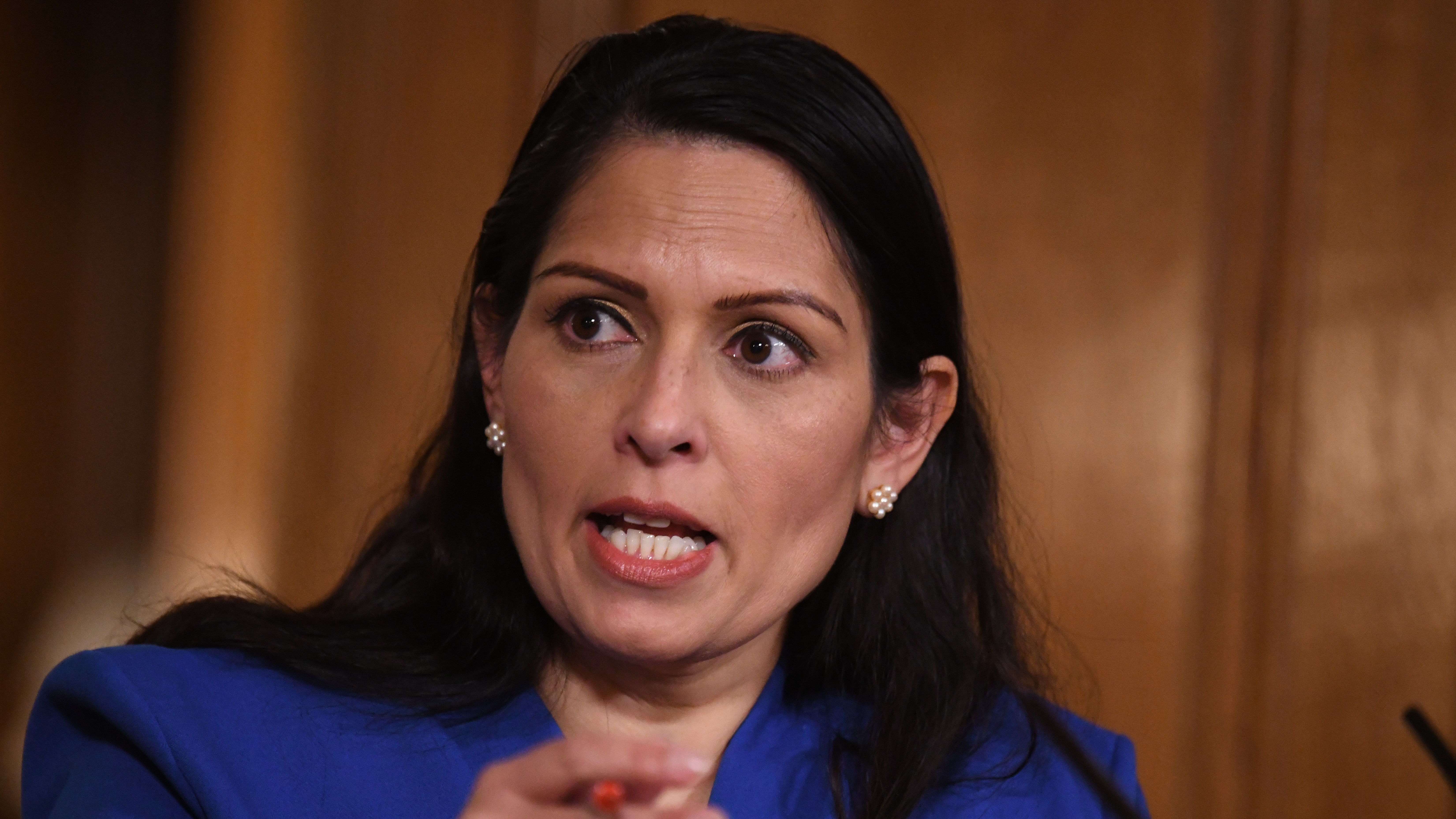
A free daily email with the biggest news stories of the day – and the best features from TheWeek.com
You are now subscribed
Your newsletter sign-up was successful
Priti Patel is today unveiling what is billed as the “biggest overhaul of the UK’s asylum system in decades”.
The home secretary’s “New Plan for Immigration” sets out tough new rules that “will for the first time treat those who come to the UK illegally differently from those who enter via legal routes”, The Times reports.
A two-tier system
The Week
Escape your echo chamber. Get the facts behind the news, plus analysis from multiple perspectives.

Sign up for The Week's Free Newsletters
From our morning news briefing to a weekly Good News Newsletter, get the best of The Week delivered directly to your inbox.
From our morning news briefing to a weekly Good News Newsletter, get the best of The Week delivered directly to your inbox.
Patel is planning a “two-tier” or “twin-track” system under which the status of asylum seekers who arrive in the UK via unauthorised routes - such as boats across the Channel - will automatically be downgraded.
These illegal migrants will only be granted “temporary protection status”, which means “they will be regularly reassessed for removal from the UK, have limited family reunion rights and no access to benefits unless destitute”, The Telegraph reports.
By contrast, those who arrive through new legal routes set up to help refugees escape war zones or persecution will be allowed to stay in the country and given access to subsidies “to help integrate”, says The Times.
The plan, outlined in a 60-page document, is “designed to eradicate the ‘pull factors’ that are seen as having encouraged 8,420 people to cross the Channel in small boats last year”, the paper continues.
A free daily email with the biggest news stories of the day – and the best features from TheWeek.com
The Home Office has said the changes will ensure that access to asylum is based on “genuine need of refuge, not on the ability to pay people smugglers”.
But the chief executive of the Refugee Council has warned that the new system will “unjustly differentiate between the deserving and undeserving refugee”. Many refugees are “forced to take extraordinary measures [without] a choice about how they seek safety”, Enver Solomon tweeted.
Patel hit back at widespread criticism from rights campaigners as she prepared to set out the full details of her plan in the Commons this afternoon. The new rules are “firm” but “undeniably fair”, she said, and will also crack down on asylum seekers who come to the UK after arriving in other “safe” European countries.
“If, like over 60% of illegal arrivals, they have travelled through a safe country like France to get here, they will not have immediate entry into the asylum system, which is what happens today,” she told the BBC’s Today programme.
“Profiteering from illegal migration to Britain will no longer be worth the risk, with new maximum life sentences for people smugglers,” she continued.
“I make no apology for these actions being firm, but as they will also save lives and target people smugglers, they are also undeniably fair.”
‘Withdrawing support from desperate people’
As it stands, “the majority” of people granted refugee status in the UK arrive via unauthorised routes, says The Independent.
“In 2019, only around one in five grants of protection arrived through the government’s designated resettlement schemes,” the paper reports.
A total of almost 30,000 people sought asylum in the UK last year, and the Home Office says the system is “collapsing” under the weight of illegal entries.
“But the current rate of arrivals to the UK is a third of the all-time record and well below the numbers in some European Union neighbours”, writes the BBC’s Dominic Casciani.
Meanwhile, the backlog of asylum seekers waiting for a decision on their application has risen to “eight times higher than a decade ago”, leading some critics to argue that “the real problem is years of mismanagement”, Casciani adds.
The Joint Council for the Welfare of Immigrants has warned that Patel’s new plans will create an even more “chaotic, dangerous and fragmented” asylum system that will make journeys into the UK “more perilous” than ever.
Shadow home secretary Nick Thomas-Symonds has also criticised the new rules, but has stopped short of a “total rejection of the proposals”, reports Politico’s London Playbook.
“Measures are clearly needed to speed up processes and stop criminal gangs profiting from dangerous crossing,” the Labour MP said.
“However, we fear these plans will do next to nothing to stop people making dangerous crossings, and risk withdrawing support from desperate people, such as victims of human trafficking.”
Sorcha Bradley is a writer at The Week and a regular on “The Week Unwrapped” podcast. She worked at The Week magazine for a year and a half before taking up her current role with the digital team, where she mostly covers UK current affairs and politics. Before joining The Week, Sorcha worked at slow-news start-up Tortoise Media. She has also written for Sky News, The Sunday Times, the London Evening Standard and Grazia magazine, among other publications. She has a master’s in newspaper journalism from City, University of London, where she specialised in political journalism.
-
 Quiz of The Week: 14 – 20 February
Quiz of The Week: 14 – 20 FebruaryQuiz Have you been paying attention to The Week’s news?
-
 The Week Unwrapped: Do the Freemasons have too much sway in the police force?
The Week Unwrapped: Do the Freemasons have too much sway in the police force?Podcast Plus, what does the growing popularity of prediction markets mean for the future? And why are UK film and TV workers struggling?
-
 Properties of the week: pretty thatched cottages
Properties of the week: pretty thatched cottagesThe Week Recommends Featuring homes in West Sussex, Dorset and Suffolk
-
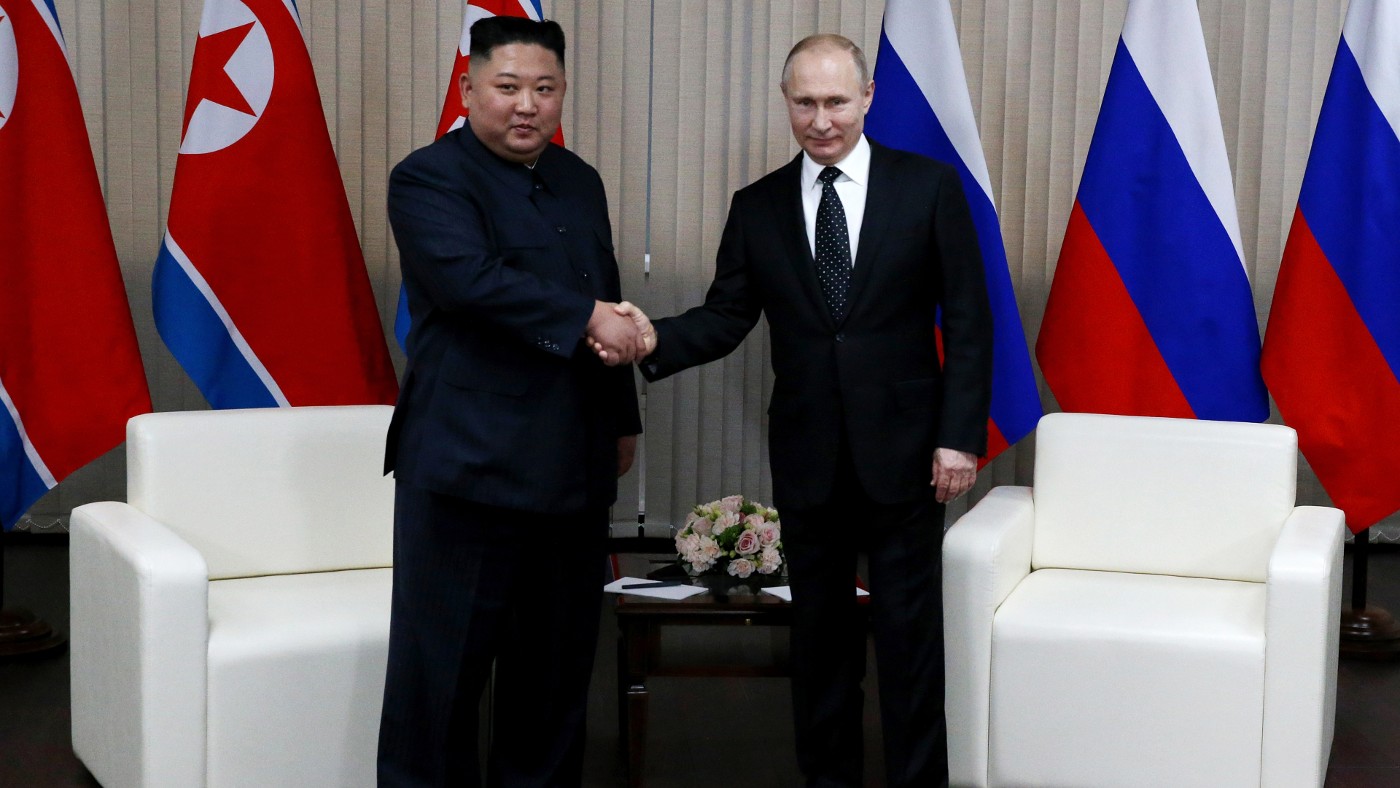 Would North Korean weapons tilt the war Russia’s way?
Would North Korean weapons tilt the war Russia’s way?Today's Big Question Putin wants to boost ‘depleted stocks’ but Pyongyang’s arms may be in poor condition
-
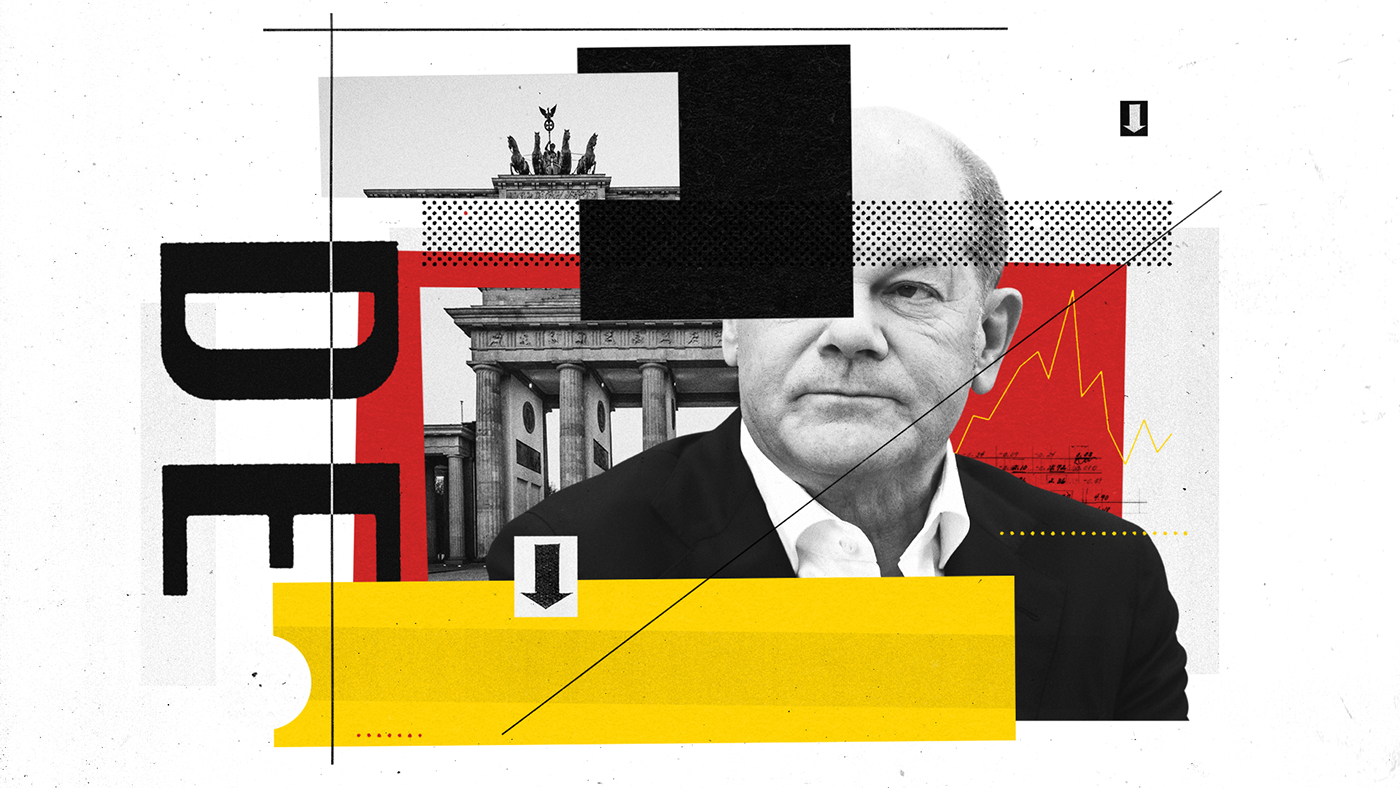 What went wrong with the German economy?
What went wrong with the German economy?Today's Big Question ‘Deep-rooted’ and ‘knotty’ problems threaten return of ‘sick man’ label
-
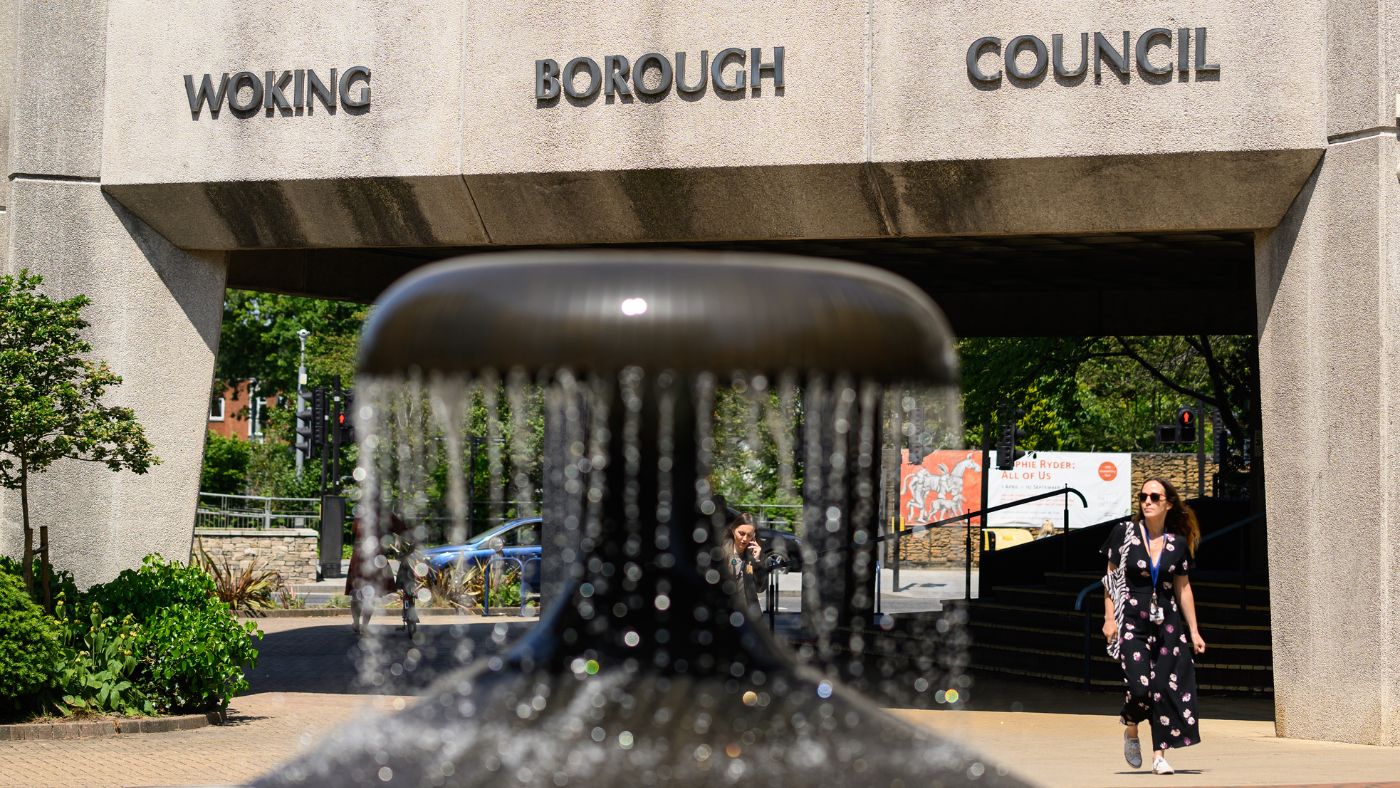 Why are so many local councils on the brink of bankruptcy?
Why are so many local councils on the brink of bankruptcy?Today's Big Question Inflation, underfunding and growing demand for services has put pressure on local authorities at the worst time
-
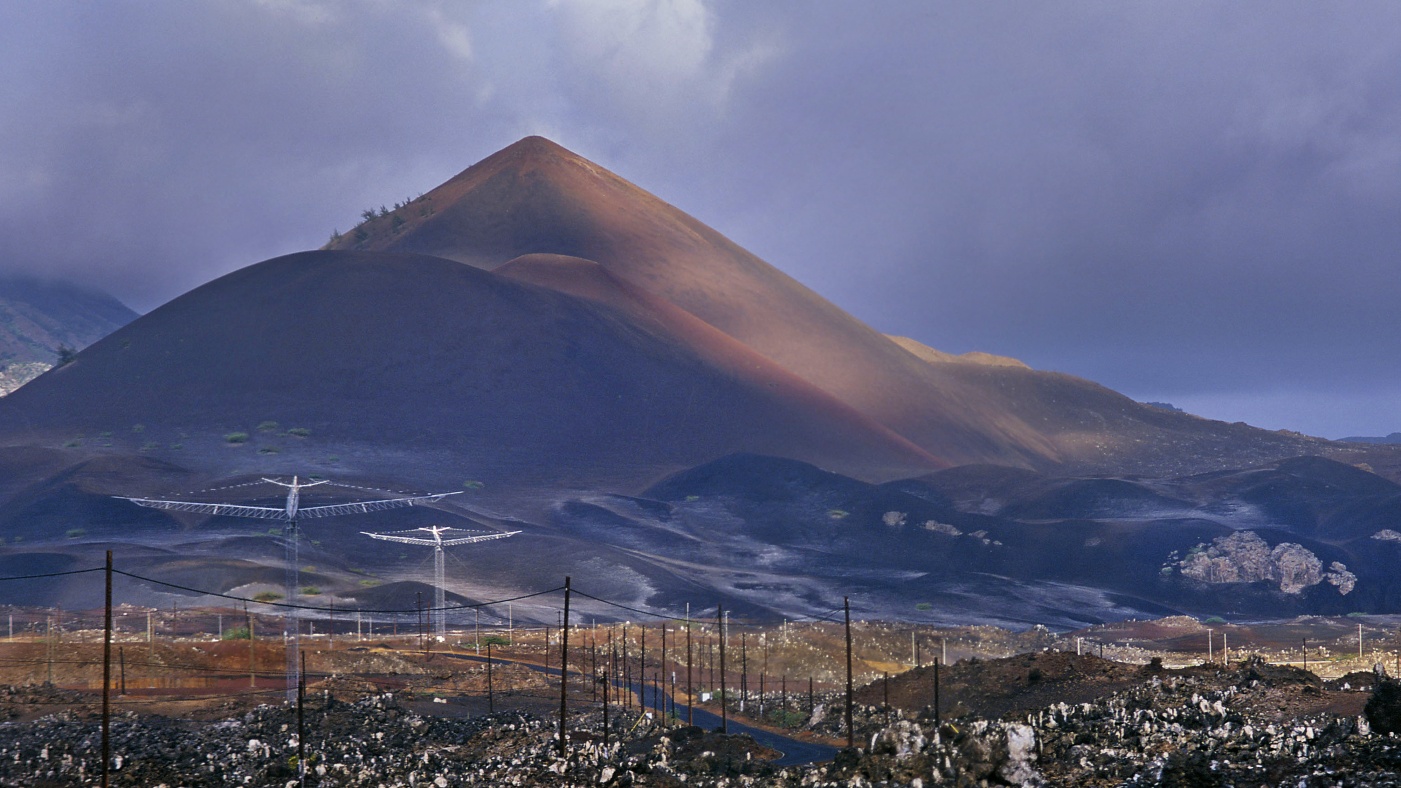 Ascension island: UK could send small boats arrivals to remote Atlantic territory
Ascension island: UK could send small boats arrivals to remote Atlantic territorySpeed Read UK government weighs up alternatives if Rwanda scheme is ruled unlawful by Supreme Court
-
 UFO hearing: why is Washington suddenly embracing aliens?
UFO hearing: why is Washington suddenly embracing aliens?Today's Big Question Speculation of extraterrestrial life has moved from ‘conspiracy fringe’ to Congress
-
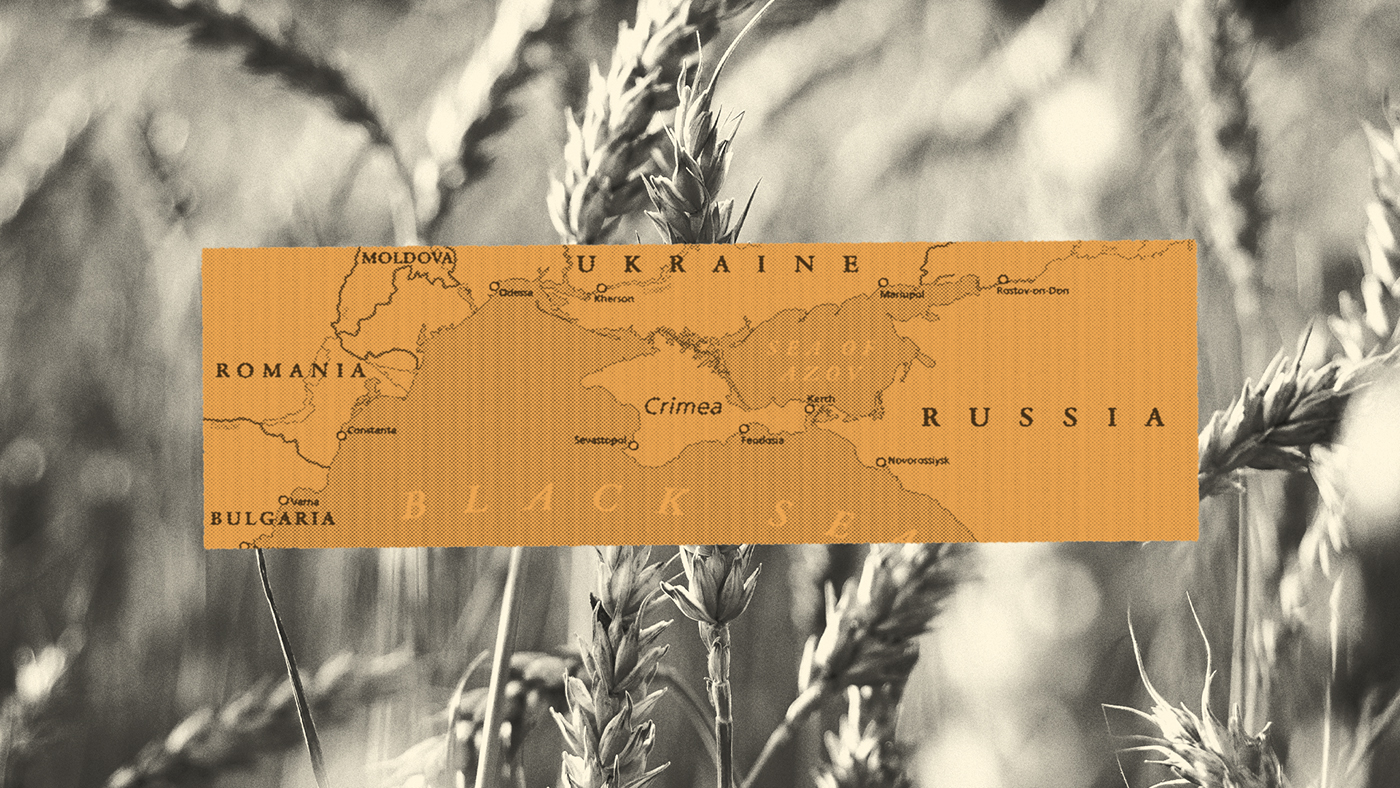 Can the Ukraine-Russia Black Sea grain deal be rescued?
Can the Ukraine-Russia Black Sea grain deal be rescued?Today's Big Question The Kremlin’s termination of agreement has sparked fears among food-insecure countries
-
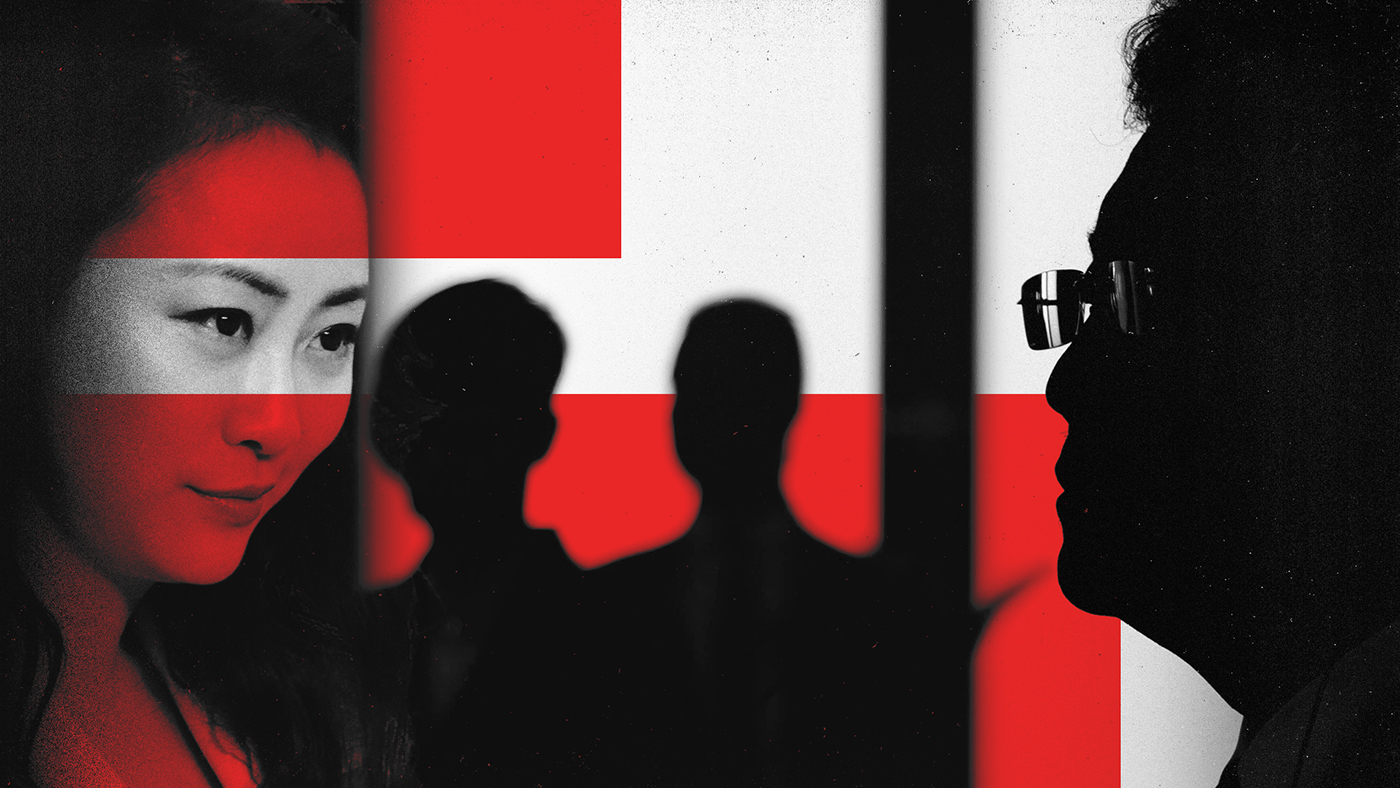 Where is China’s missing foreign minister Qin Gang?
Where is China’s missing foreign minister Qin Gang?Today's Big Question Three-week absence coincides with rumours of an affair with Hong Kong TV presenter Fu Xiaotian
-
 What happened to the missing Titanic sub?
What happened to the missing Titanic sub?Today's Big Question Oxygen supplies running out after vessel lost contact during ‘daredevil’ trip